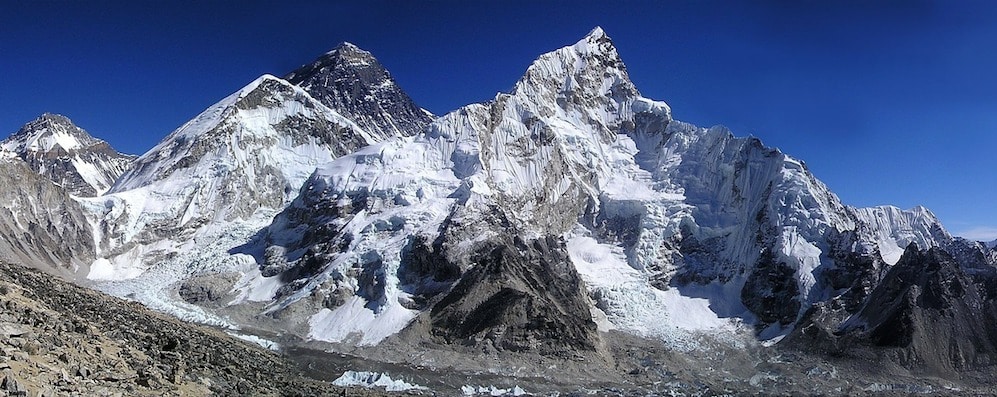Mountains are diverse in their shapes, heights, surfaces and composition. They are found throughout the world and take up about one-fifth of the Earth’s land surface and almost one-tenth of the human population need them for their daily survival. Mountains are a significant sourse of water for most major rivers, they capture moisture which leads to snow or rain that melts to provide water for wildlife and humans. Mountain ecosystems and wildlife are important to humans, both spiritually and physically.
Climb the mountains and get their good tidings.
~ John Muir
Mountains have benefited humans for centuries and even now we know more about the good they can have on our bodies and minds.
Spending time at altitude can help fight obesity by burning more calories.
The lower oxygen levels decreases the risk of heart disease.
Without mountains we couldn’t do a variety of sports that challenge us both physically and mentally.
The fresh air and less pollution are good for our respiratory systems and ailments.
Sources:
Ezzati, Majid. “Altitude, Life Expectancy and Mortality from Ischaemic Heart Disease, Stroke, COPD and Cancers: National Population-based Analysis of US Counties.” Journal of Epidemiology & Community Health. N.p., n.d. Web. 10 June 2016.
Nowak, David J., Satoshi Hirabayashi, Allison Bodine, and Eric Greenfield. “Tree and Forest Effects on Air Quality and Human Health in the United States.” Environmental Pollution 193 (2014): 119-29. U.S. Forest Service. Web. 10 June 2016.
“Vermont No. 1 in Frequent Exercise, Produce Consumption.” Gallup.com. N.p., n.d. Web. 10 June 2016.





